Can You Treat Acne with Hydrogen Peroxide?

Hydrogen peroxide is one of the popular at-home remedies that you may encounter when researching how to get rid of pimples and how to treat acne scarring.
We all have that brown bottle of hydrogen peroxide hidden somewhere in the house. Its uses have seemingly no end: antiseptic, bleach, disinfectant—some even use this agent as a mouth wash. The solution has gained a reputation as a powerful acne fighter, and many use hydrogen peroxide in some form in their skin care routine.
Proponents of using hydrogen peroxide for acne have some valid arguments. This solution is inexpensive, readily available, and it also has proven infection-fighting capabilities. These aspects combine in what some say is the perfect acne treatment option. Peroxide treatments have even shown it's ability to help with mild to moderate acne.
What is Hydrogen Peroxide?
You’ve likely seen hydrogen peroxide in your bathroom cabinet, but what is actually contained in that distinctive brown bottle? As explained by the National Library of Medicine, this solution is the simplest peroxide, and comes as a clear, viscous liquid. This form of hydrogen peroxide is a strong oxidizer, and an antimicrobial agent.
Ever wondered why hydrogen peroxide is stored in those brown containers? When exposed to light or heat, it disintegrates and loses its extra oxygen atom—the brown coating keeps the light out, helping the solution remain stable.
Generally, hydrogen peroxide is sold at a strength of 3 percent, and health care professionals recommend anyone using this solution to treat acne shouldn’t use anything with higher concentrations.
How Does Hydrogen Peroxide Work on Acne?
Hydrogen peroxide is often considered as an acne treatment since it can kill bacteria (which leads to acne). It can also dry out the oils present on the skin, which may play a role in preventing future breakouts.
Many people who are desperate for new acne treatments ask themselves "is hydrogen peroxide good for acne?".
When using hydrogen peroxide for acne, it can have an immediate effect on the appearance of acne blemishes. However, it’s important to understand what contributes to a breakout to determine the role of hydrogen peroxide on pimples and acne.
The sebaceous glands, hidden right underneath the surface of the skin, produce a substance known as sebum. This oily substance is essential for keeping our skin smooth, supple, and moisturized, and is expelled through the pores connected to hair follicles. Should these glands produce an excess amount of sebum, the sticky solution can fill up the pores and combine with dead skin cells and P. acnes bacteria, causing a plug to form. Once infection sets in, a pimple is formed.
Using hydrogen peroxide for acne can combat bacterial infection. The peroxide oxidizes when applied to skin tissue, meaning it releases its oxygen atom. This oxidization forms a volatile environment for any bacterium present; this means P. acnes cannot survive. As the bacteria dies off, the blemish is given the chance to heal.
Peroxides are peeling agents. They can remove the outer layer of the skin, serving as a chemical exfoliator by exposing a new layer of soft, clean skin, while simultaneously fading old acne scars and blemishes.
With all of these pimple-fighting features, it would seem hydrogen peroxide is the perfect solution for treating acne. Unfortunately, this isn’t the whole story.
Clogged or Congested Pores?
A complexion perfecting masque that tautens and tightens skin without over-drying.
Get ClearSkin Damage
There have been numerous studies that have observed hydrogen peroxide’s ability to damage skin cells through oxidative stress.
Oxidative stress is an imbalance between the production of free radicals and your body’s ability to detoxify and counteract their harmful effects. It has also been linked to numerous illnesses and diseases, including skin damage.
Several lab experiments saw researchers place hydrogen peroxide solutions on skin cells.
Researchers observed that this application activated an oxidative stress protein, meaning that the hydrogen peroxide was a direct cause of stress to the skin cells.
It is also not uncommon that using hydrogen peroxide for face treatment can result in skin bleaching.
What’s the Difference between Hydrogen Peroxide and Benzoyl Peroxide?
Many acne products list benzoyl peroxide as a key ingredient, and this agent is a close relative of hydrogen peroxide. Both are bleaching agents, and both are used in the treatment of acne, but they do have significant differences. While hydrogen peroxide is water-soluble, benzoyl peroxide is not and forms a film.
Both can be harsh on the skin, especially for acne patients that have dry or sensitive skin types. While they work by drying out blemishes and ridding the skin of excess sebum when used safely and effectively, they can strip surrounding areas of essential oils. This can cause the skin to become dry, cracked, and inflamed. While spot treatment can be used on blemishes to avoid damaging surrounding skin, both peroxides can cause damage to skin cells.
Hydrogen Peroxide and Acne Scars
In an ironic twist, while many believe hydrogen peroxide can be used to brighten darkened skin and diminish the appearance of scars, use of this solution can actually cause scarring.
Hydrogen peroxide visibly bubbles when applied to wounds, cuts and scrapes, and open blemishes, and during this process it kills the bacteria. Unfortunately, it also kills what are known as fibroblasts, which are the cells tasked with repairing your wound and creating new skin. When your body’s ability to heal is impaired, your skin can’t form new cells as easily, which increases the likelihood of scar development.
Another study, published in the International Journal of Dermatology, found that when the body increases production of its own hydrogen, there’s a correlated increase in acne inflammation. That may indicate that the overuse of hydrogen peroxide for acne as a topical treatment could cause inflammation and even worsen acne blemishes.
Best Alternative Acne Treatments
Using hydrogen peroxide on acne blemishes is a short-term solution that can have long-term consequences. Keep your skin's health in mind and weigh the different options when it comes to treating your acne. These options include benzoyl peroxide, salicylic acid, and alpha-hydroxy acids.
Benzoyl Peroxide
Benzoyl peroxide is a popular acne-fighting ingredient but as mentioned in a previous section, it has some negative side effects. While benzoyl peroxide kills bacteria and can be effective removing excess oil and dead skin cells, it can irritate the skin by causing dryness, redness, burning, and stinging. If you have sensitive skin, benzoyl peroxide is not the acne treatment for you.
Salicylic Acid
Instead of subjecting your skin to a harsh solution, use an acne treatment that both fights acne and soothes the skin. Salicylic acid is a beta-hydroxy acid best known for it's role in clearing breakouts, and is gentler on the skin than benzoyl peroxide. It not only clears pores of dirt, oil, and bacteria, but it also helps exfoliate the skin to remove dead skin cells and promote cell turnover. Salicylic acid is the superstar ingredient in Treat, our vegan acne treatment gel that also contains soothing oat kernel to fight breakouts without the burn.
Alpha-Hydroxy Acids
The two most common alpha-hydroxy acids (AHAs) used to treat acne are glycolic acid and lactic acid. They are primarily used to exfoliate the skin, but such exfoliation has significant benefits when it comes to improving overall skin health. AHAs help unclog pores and reduce inflammation, and can even help prevent new breakouts from forming by keeping pores clear and visibly reducing the appearance of pore size.
Clearer skin in as little as two weeks.
A plant-based 3-step routine with the most effective acne-fighting ingredients.
Try Some
There are plenty of proposed at-home cures for acne woes, but some can do more damage than good. It can be tough to navigate which claims are true and which aren't.
Here are some related in-home treatments for acne you may be wondering about:

Abby Vinas
Abby Vinas has long been an active member of the holistic health community, advocating in favor of its benefits to both our physical and emotional well-being. Her commitment to leading a healthy lifestyle has made her an authority on self-care practices. Abby is passionate about fitness, nutrition, and proper skincare, and is also an avid lover of avocado toast and dog-petting.





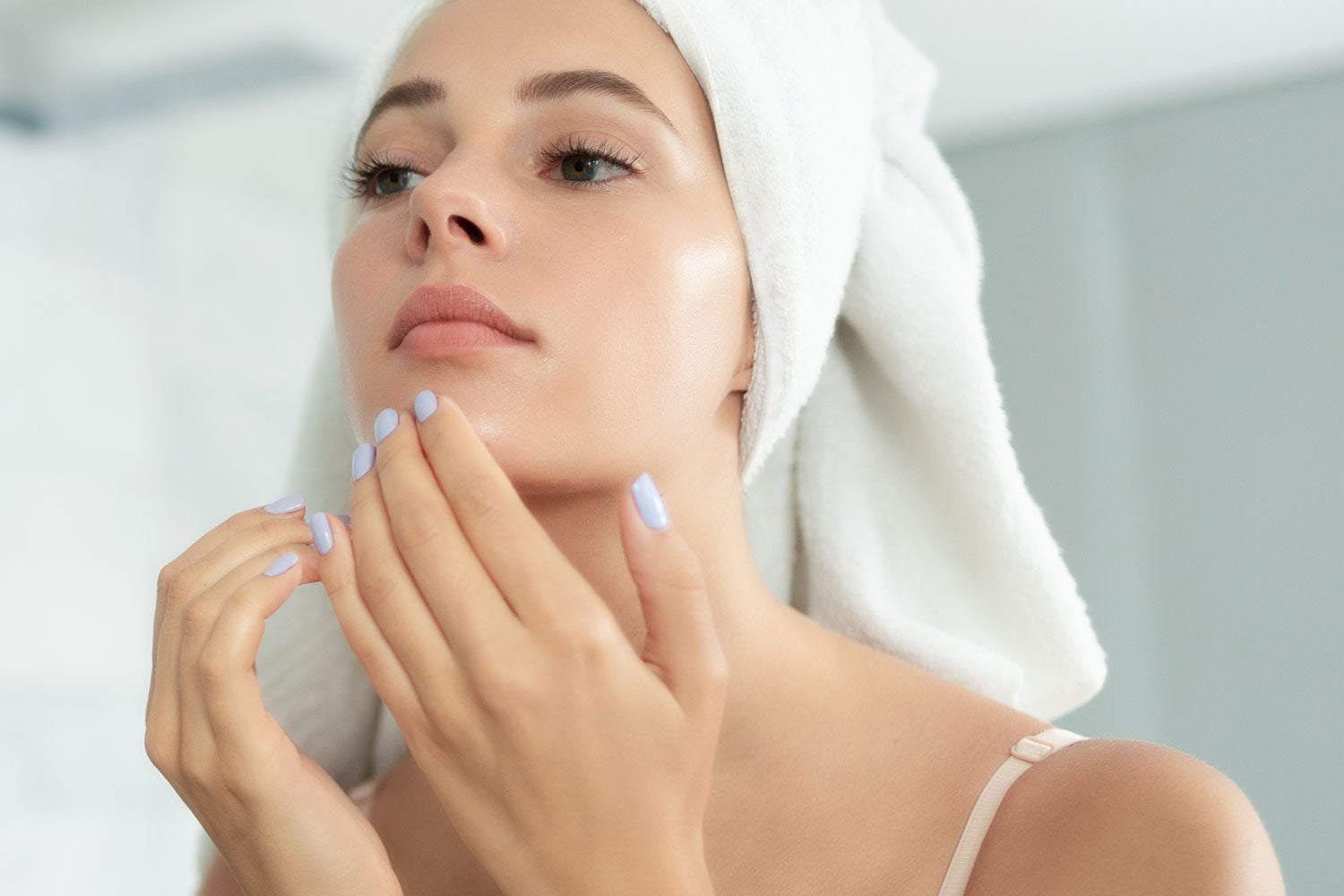
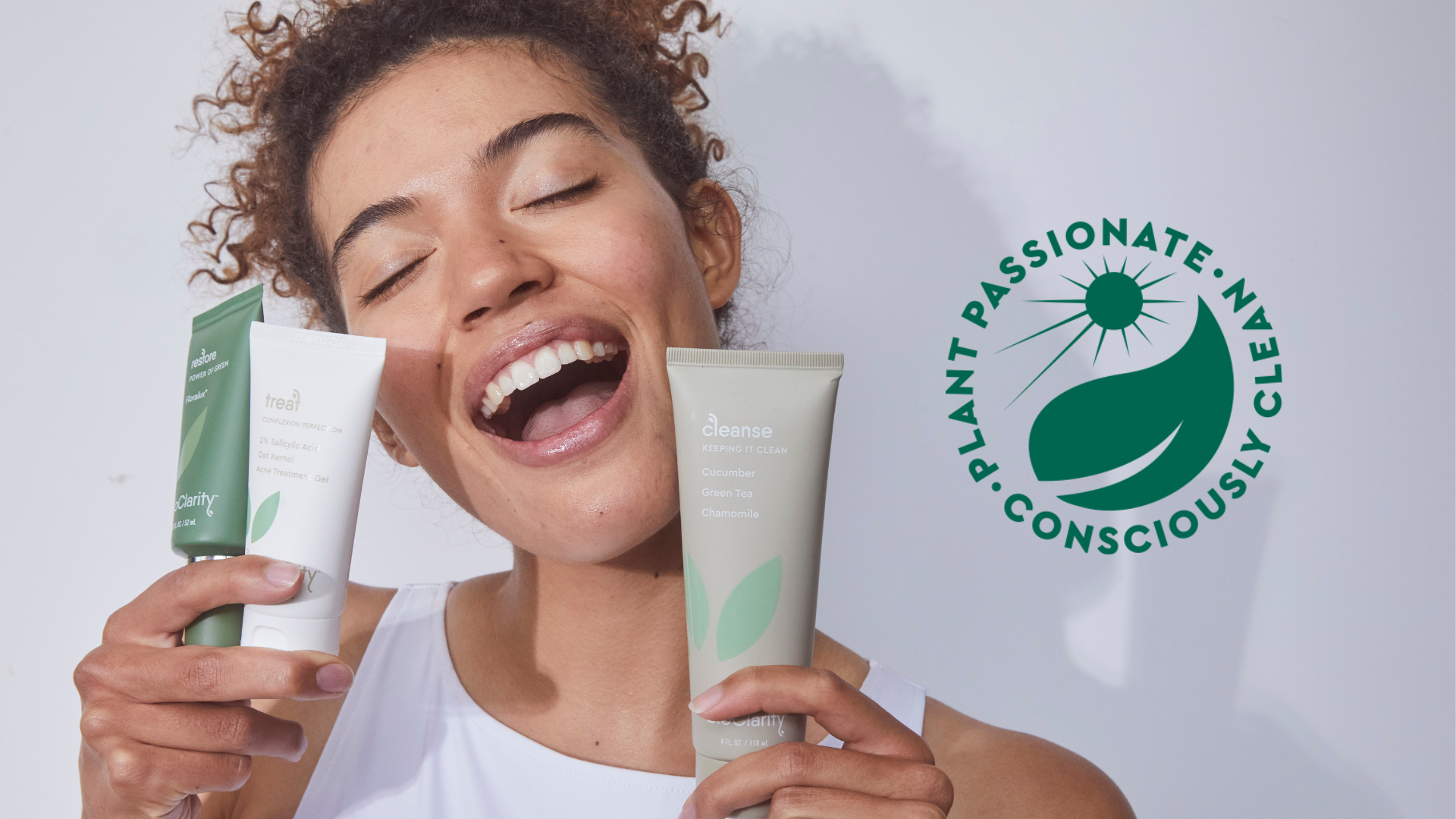

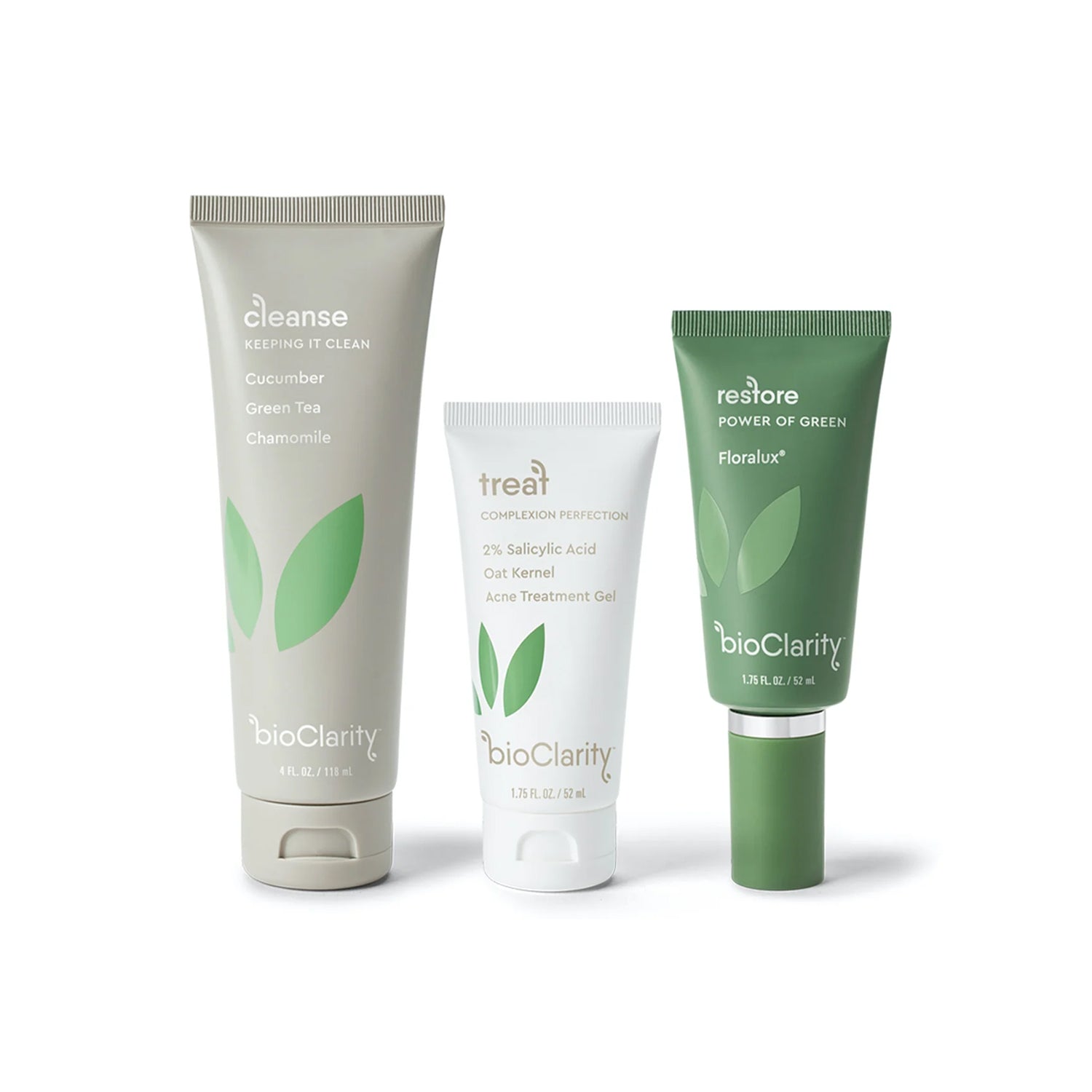
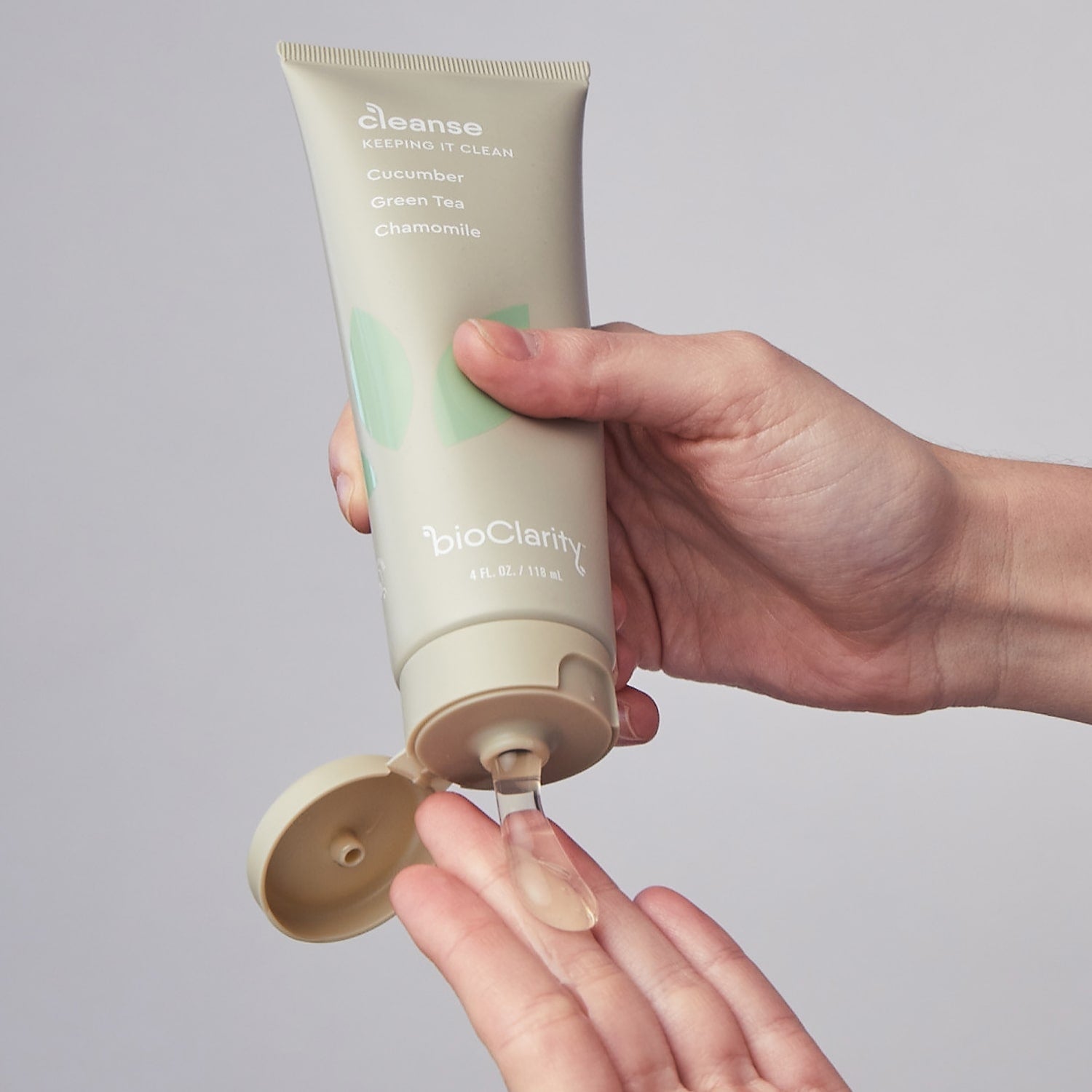
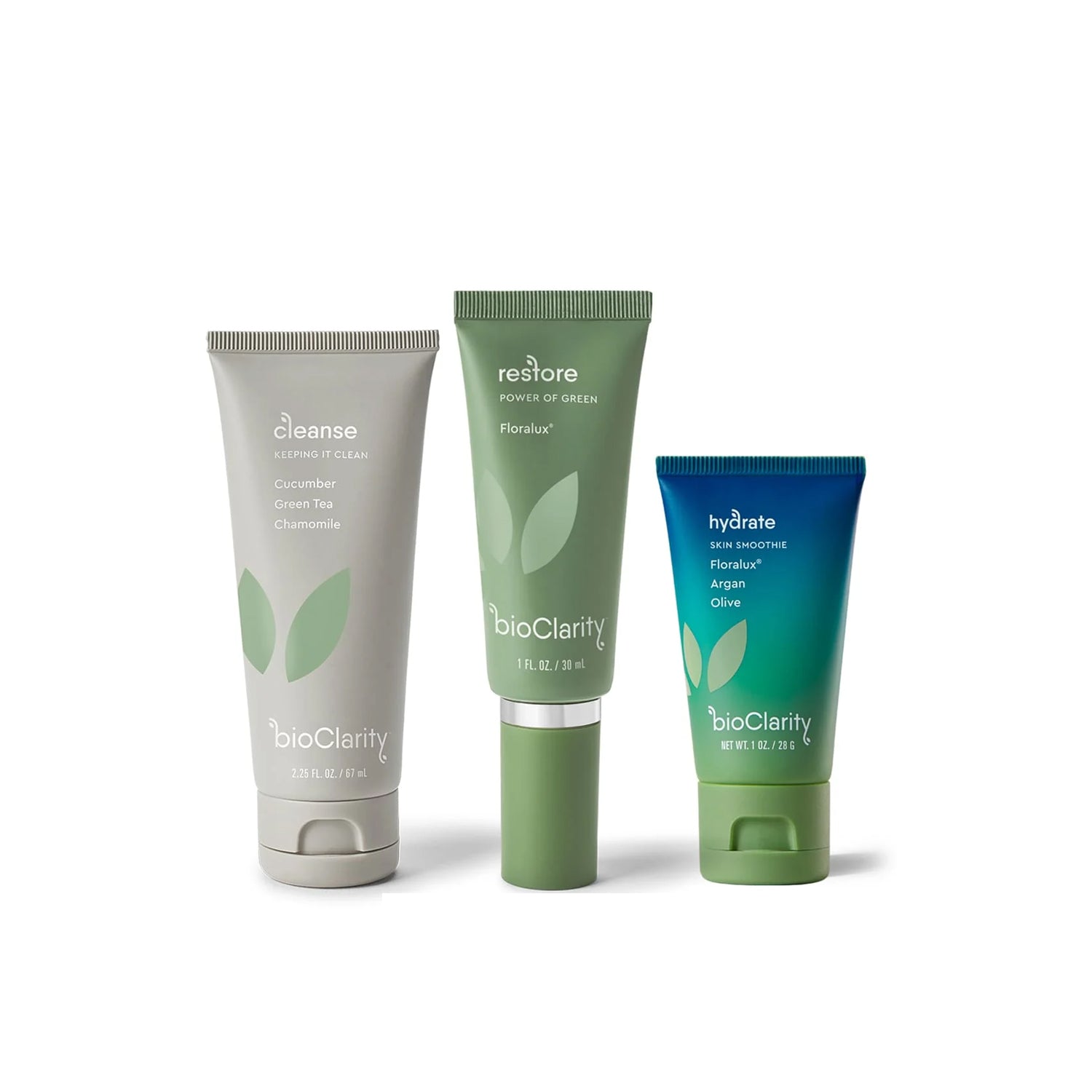
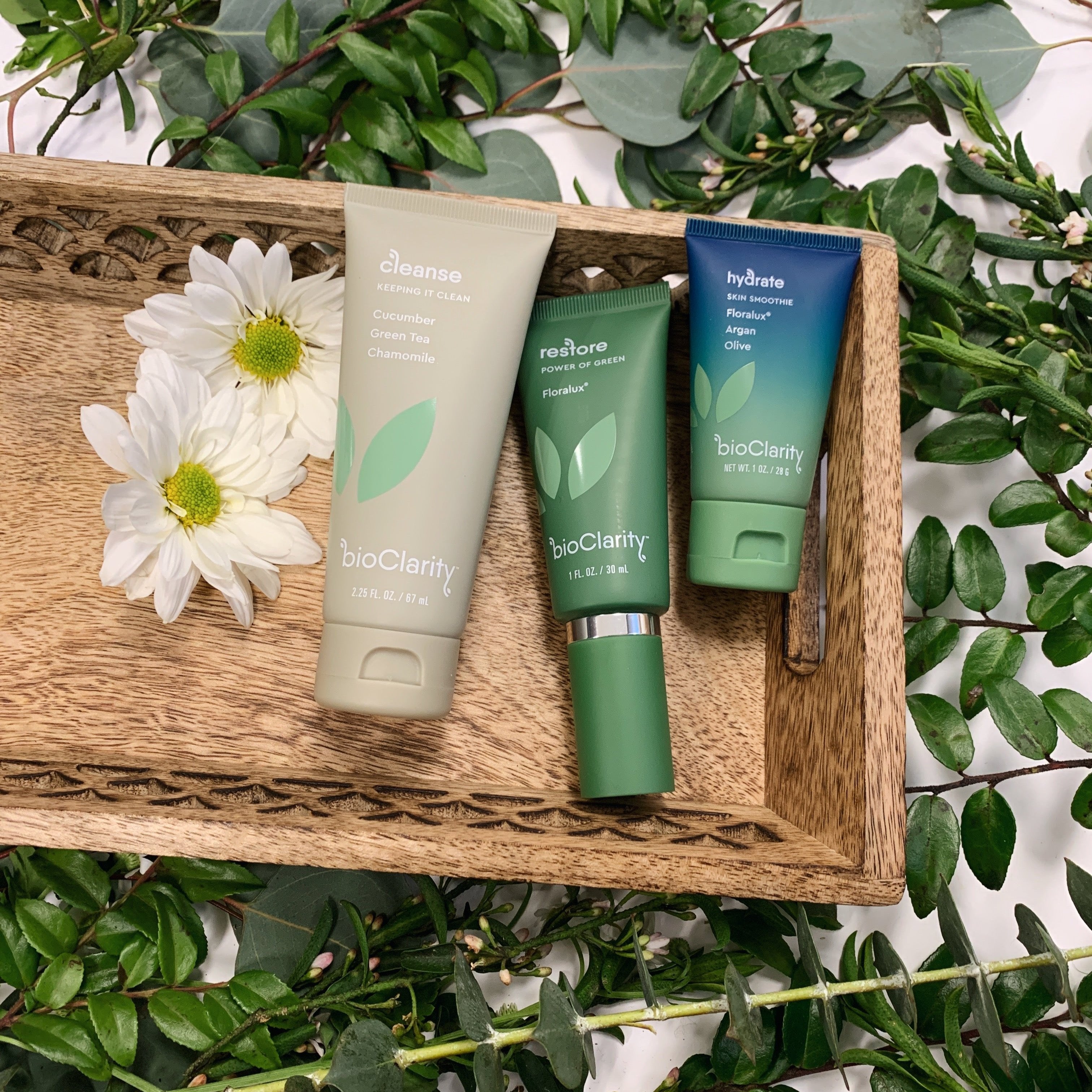
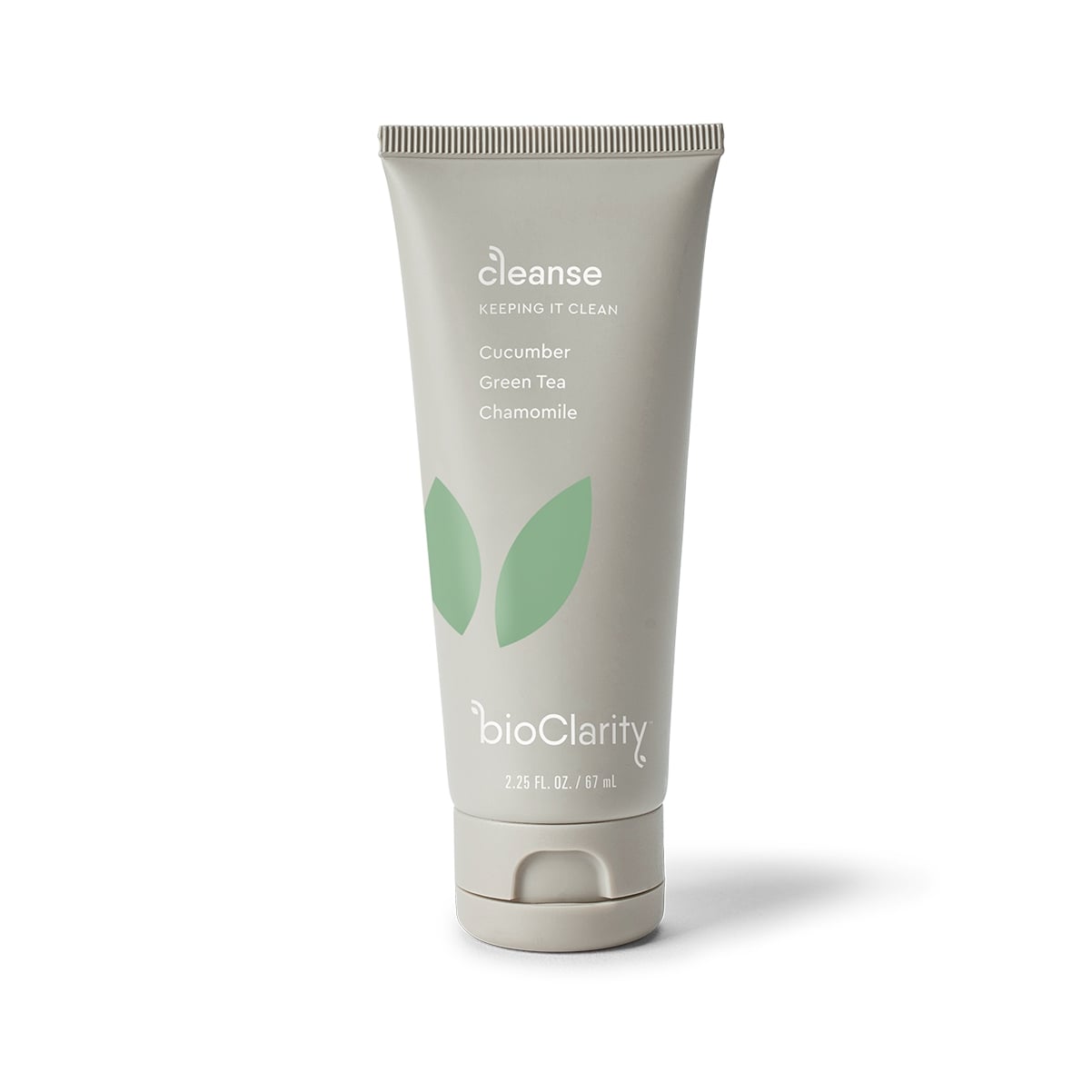
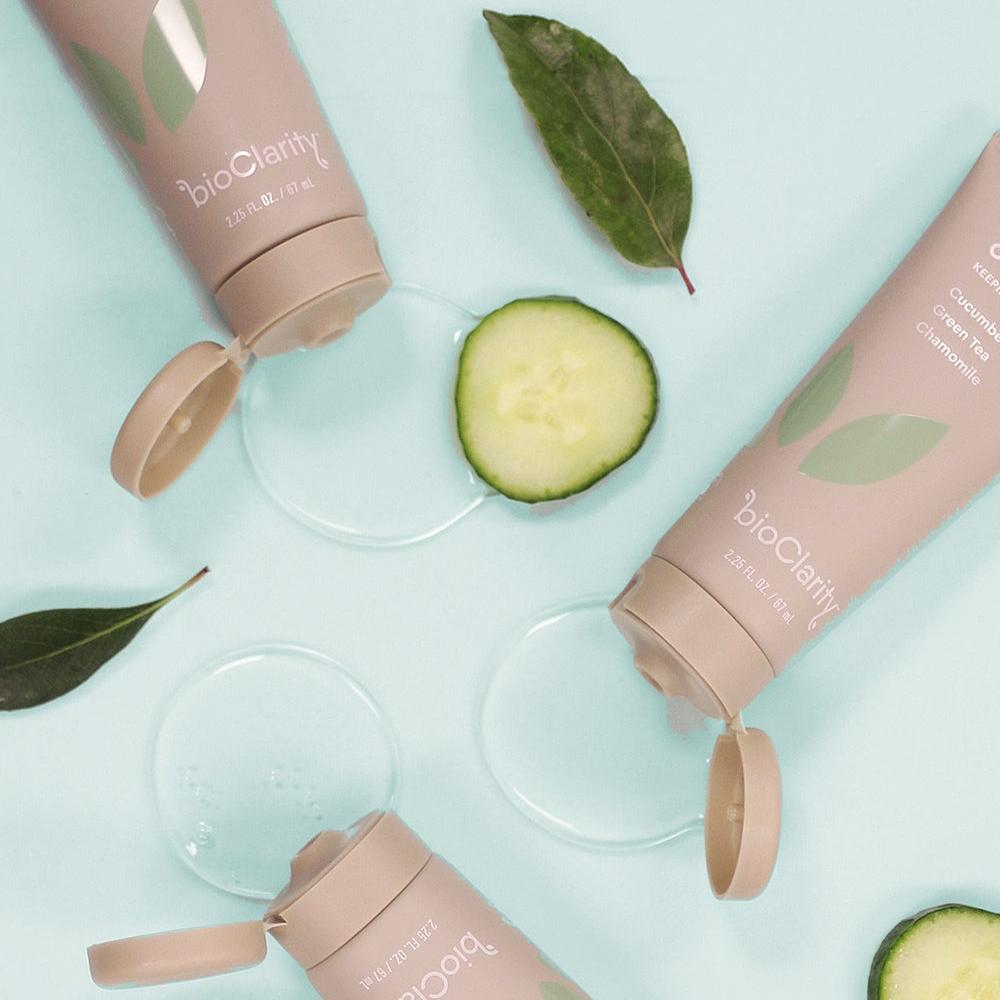
Comments